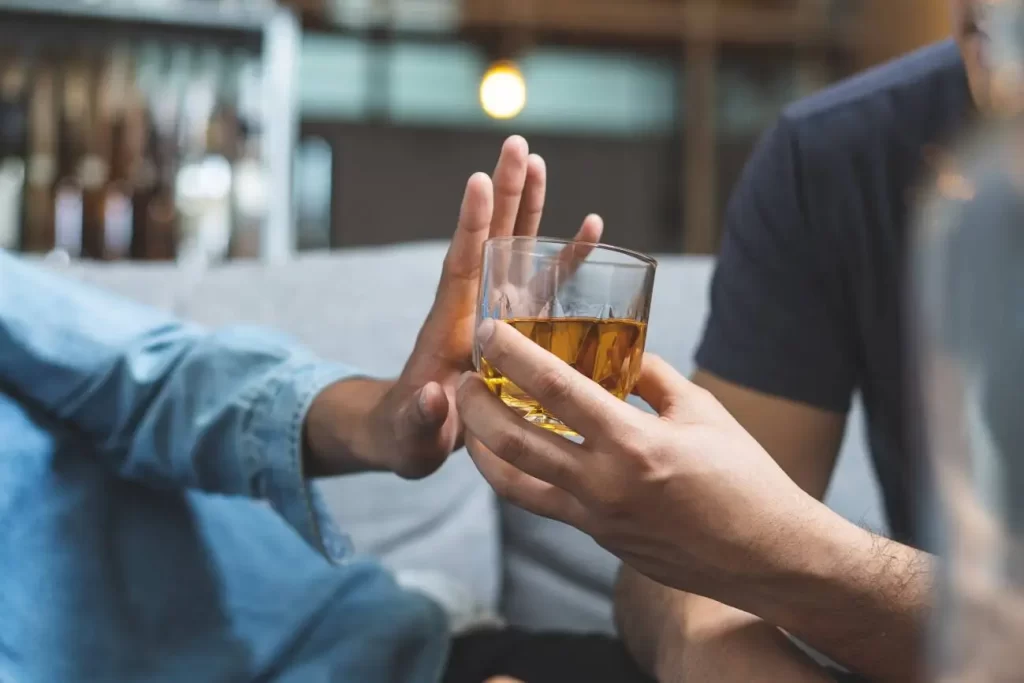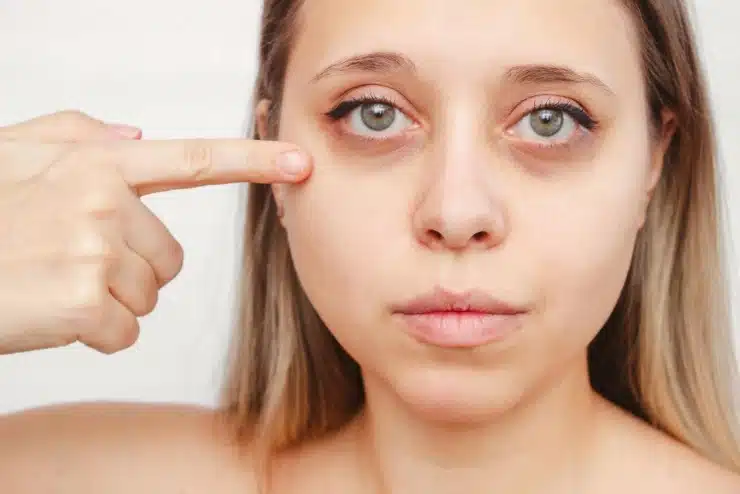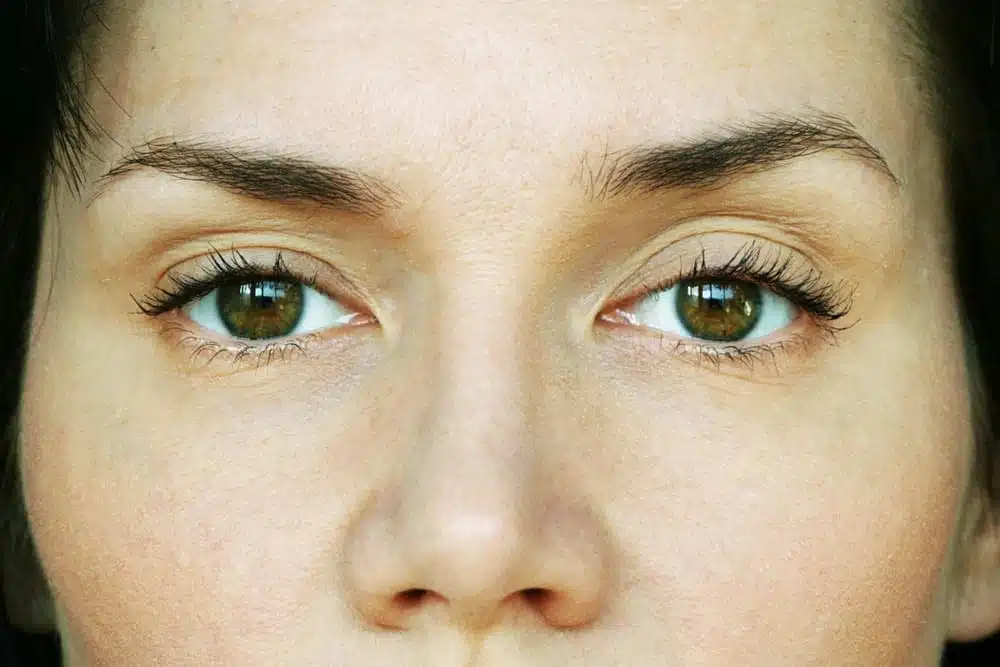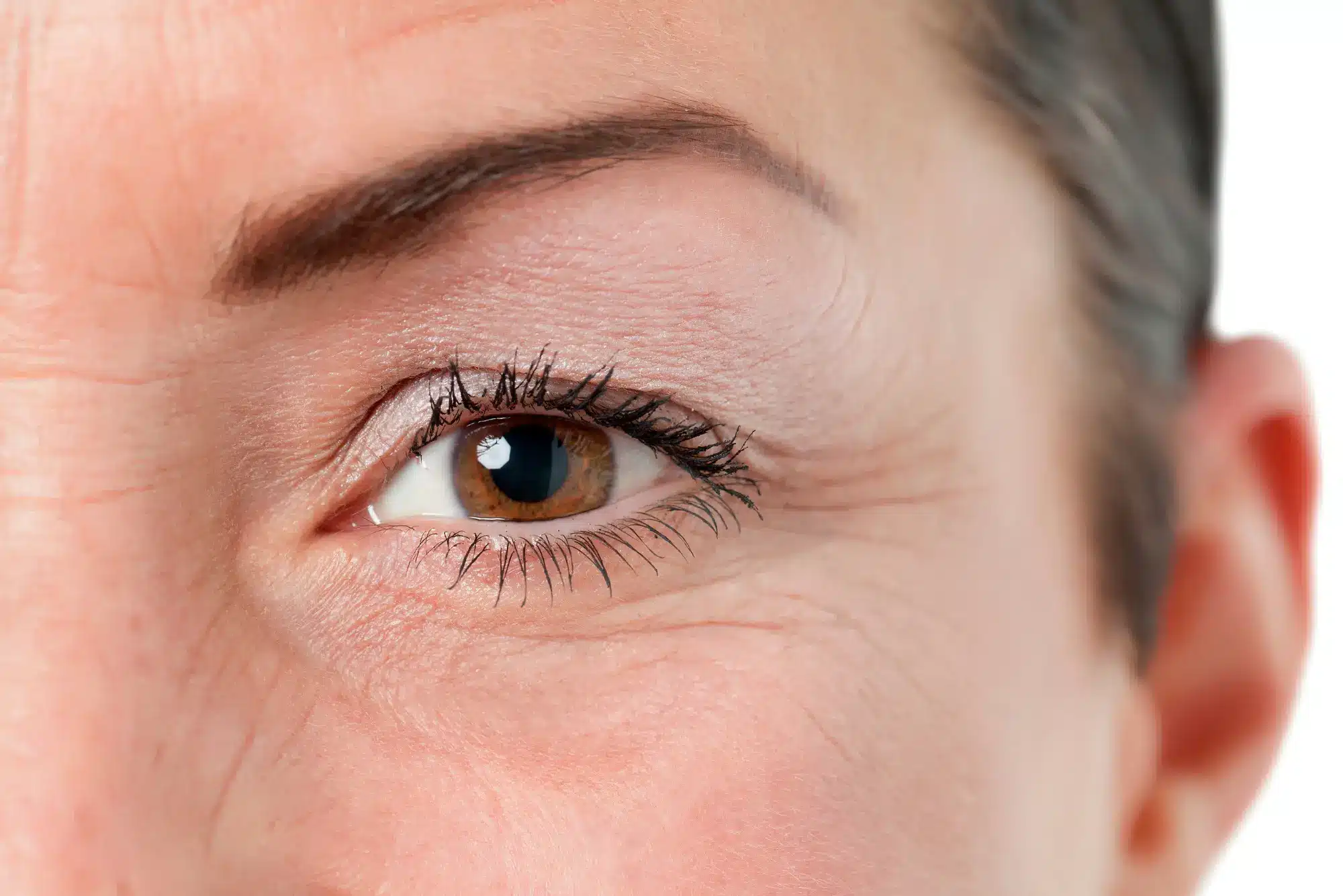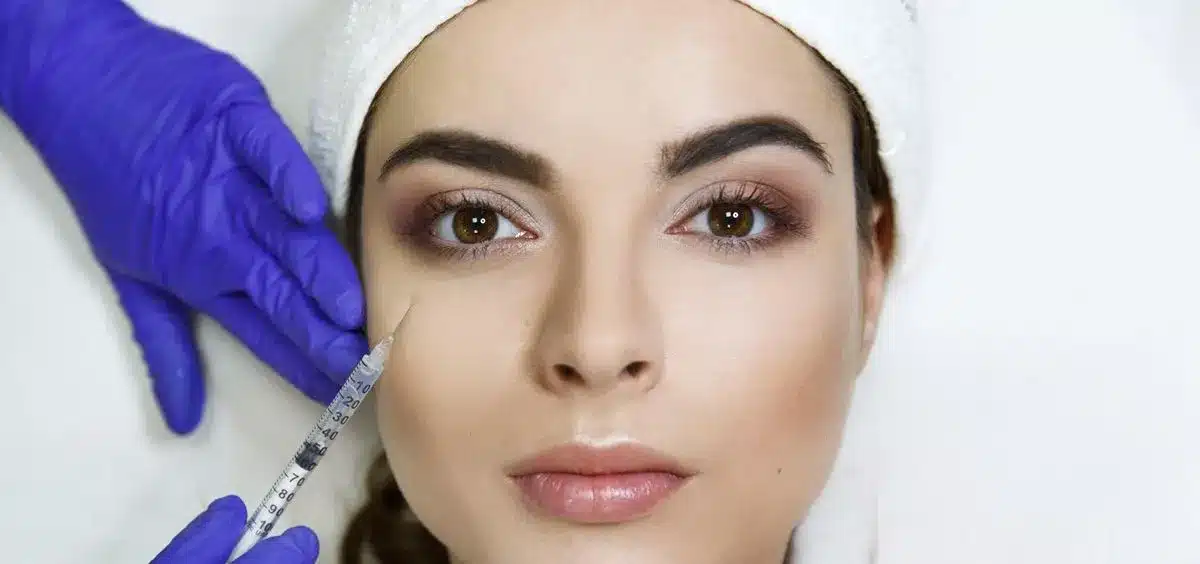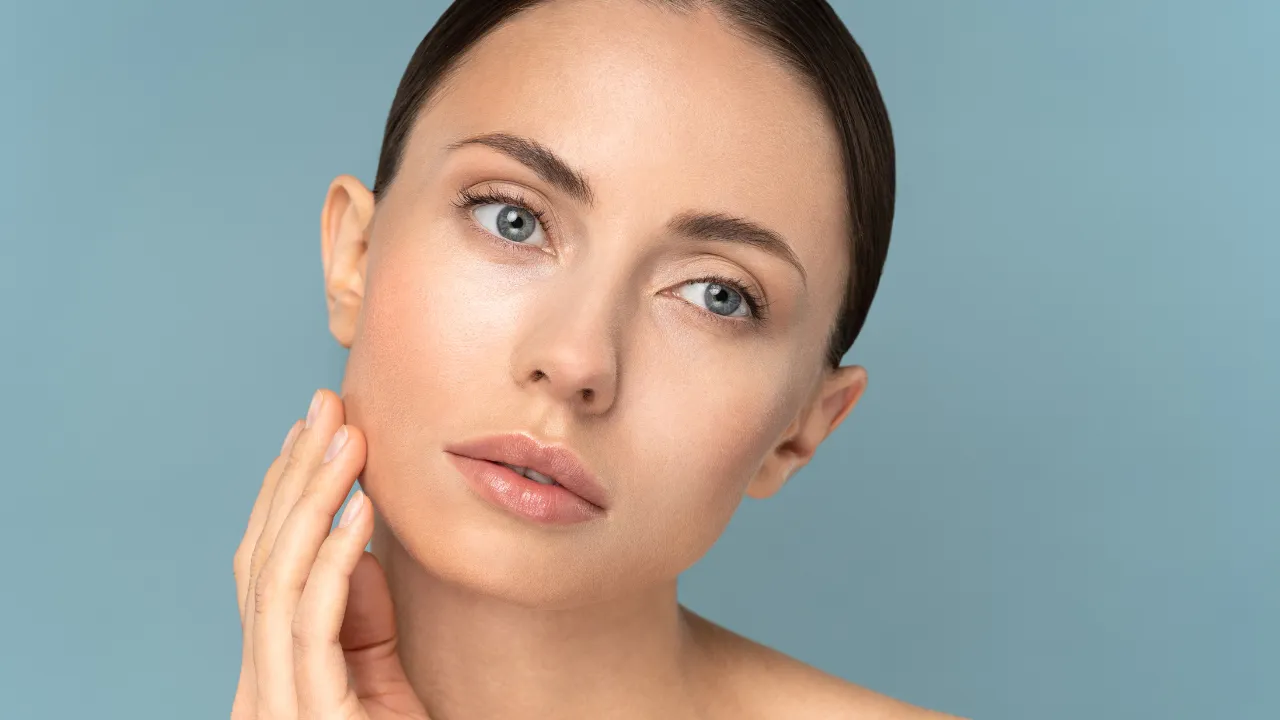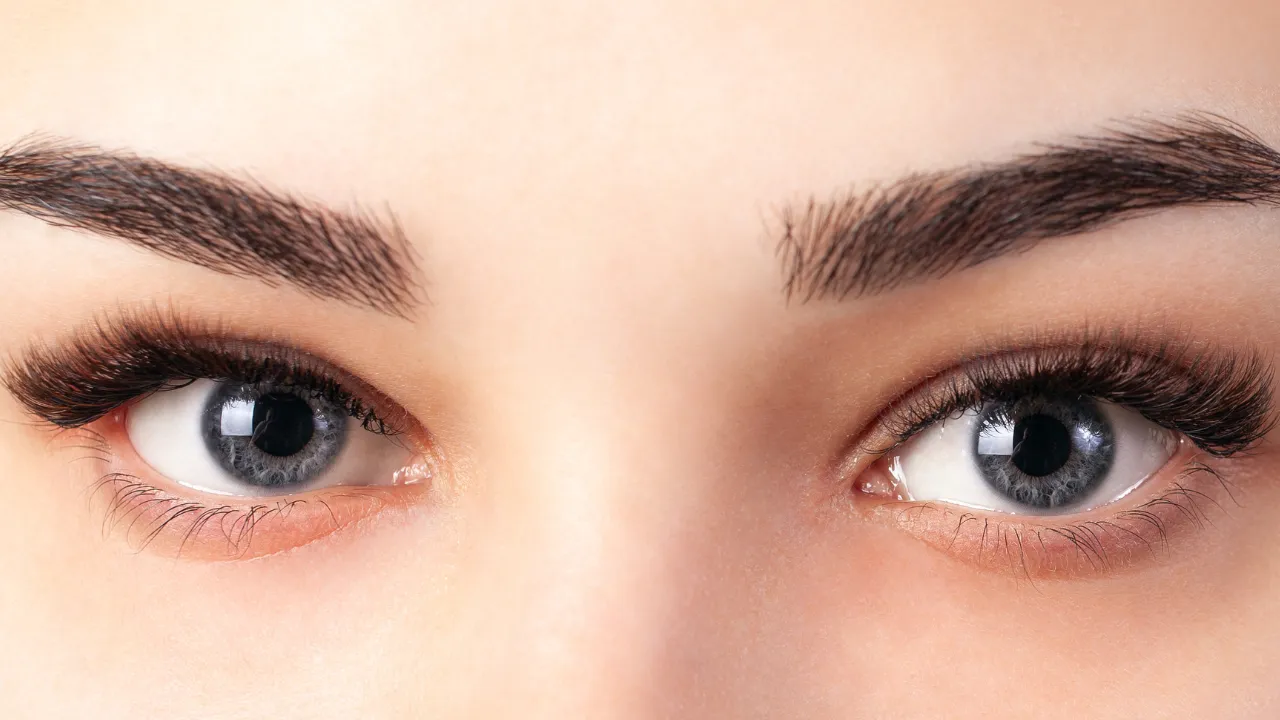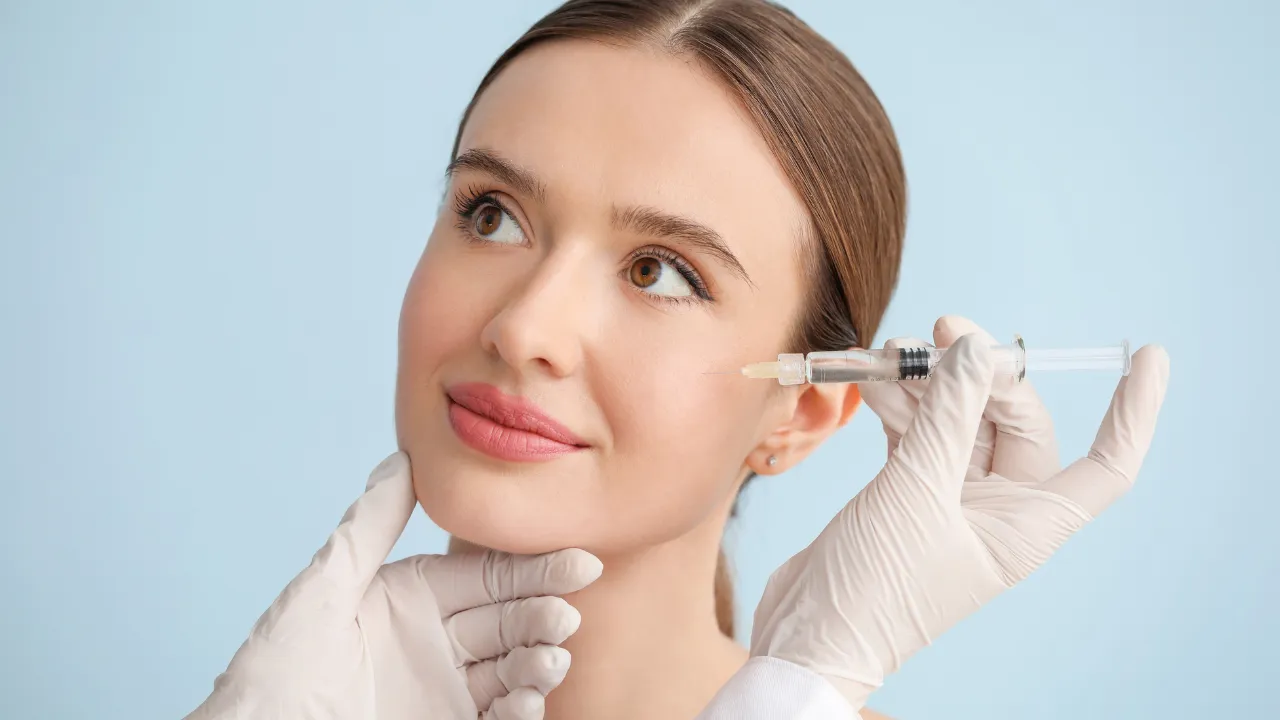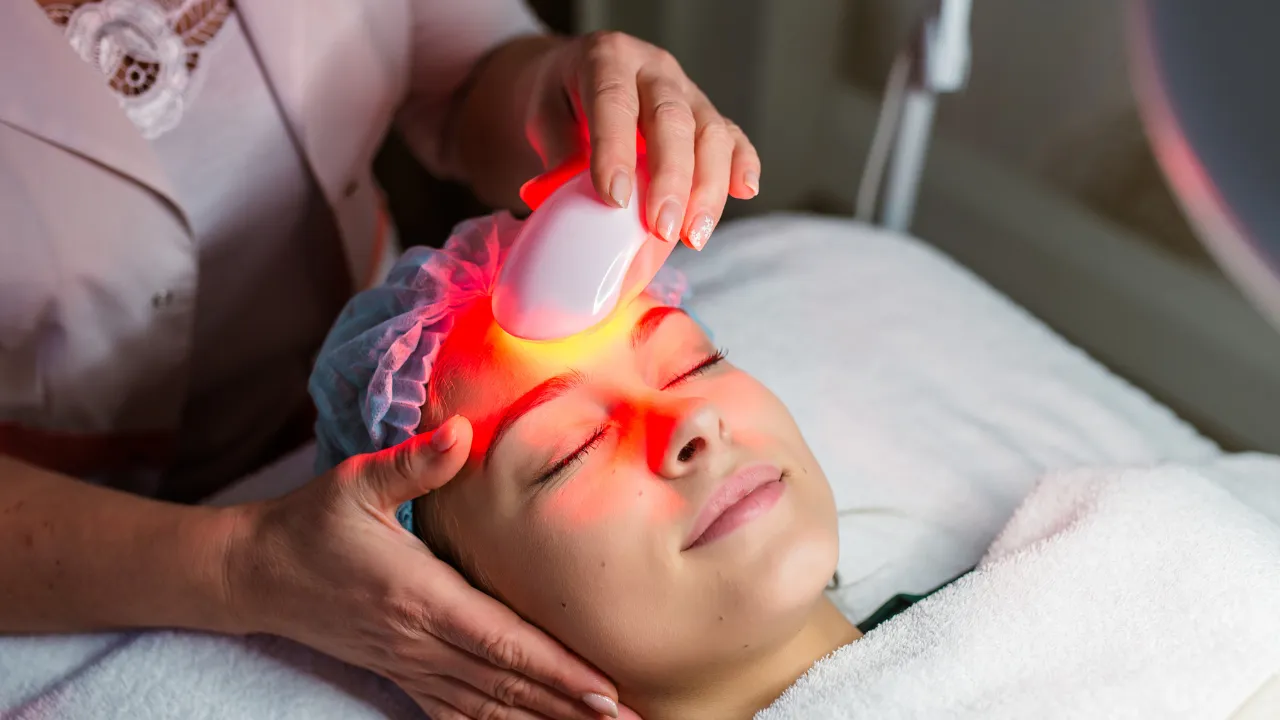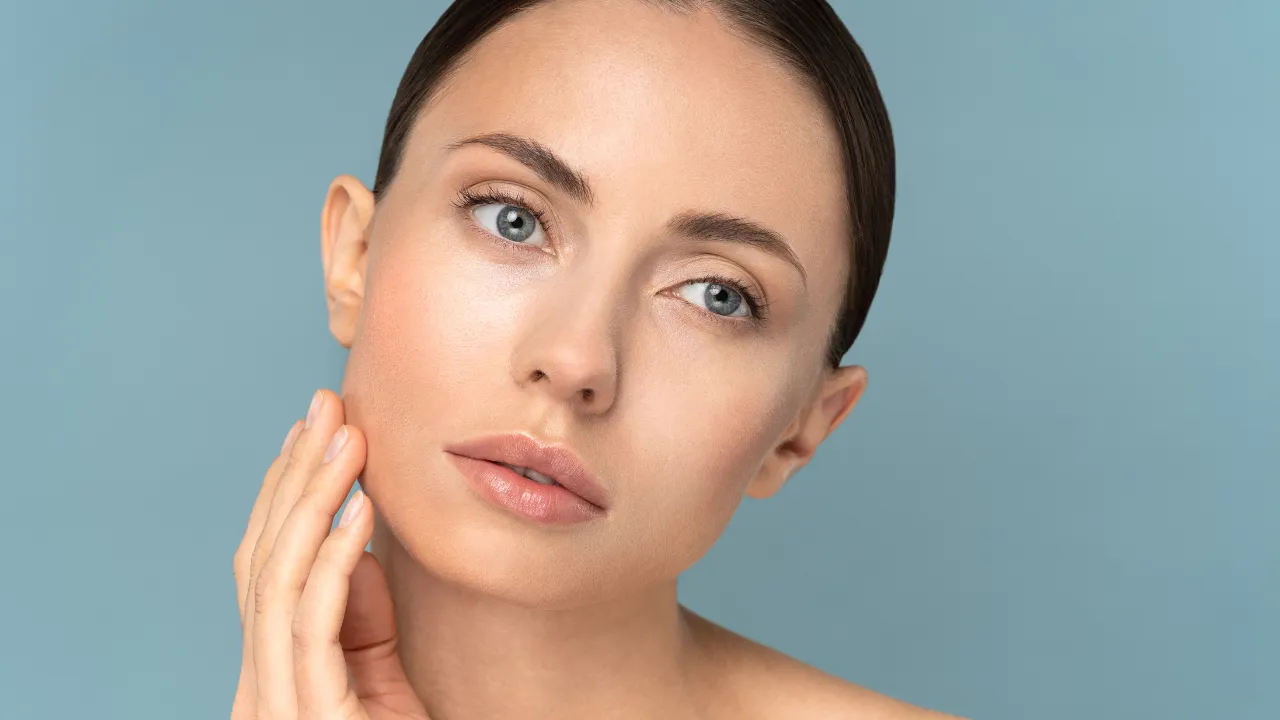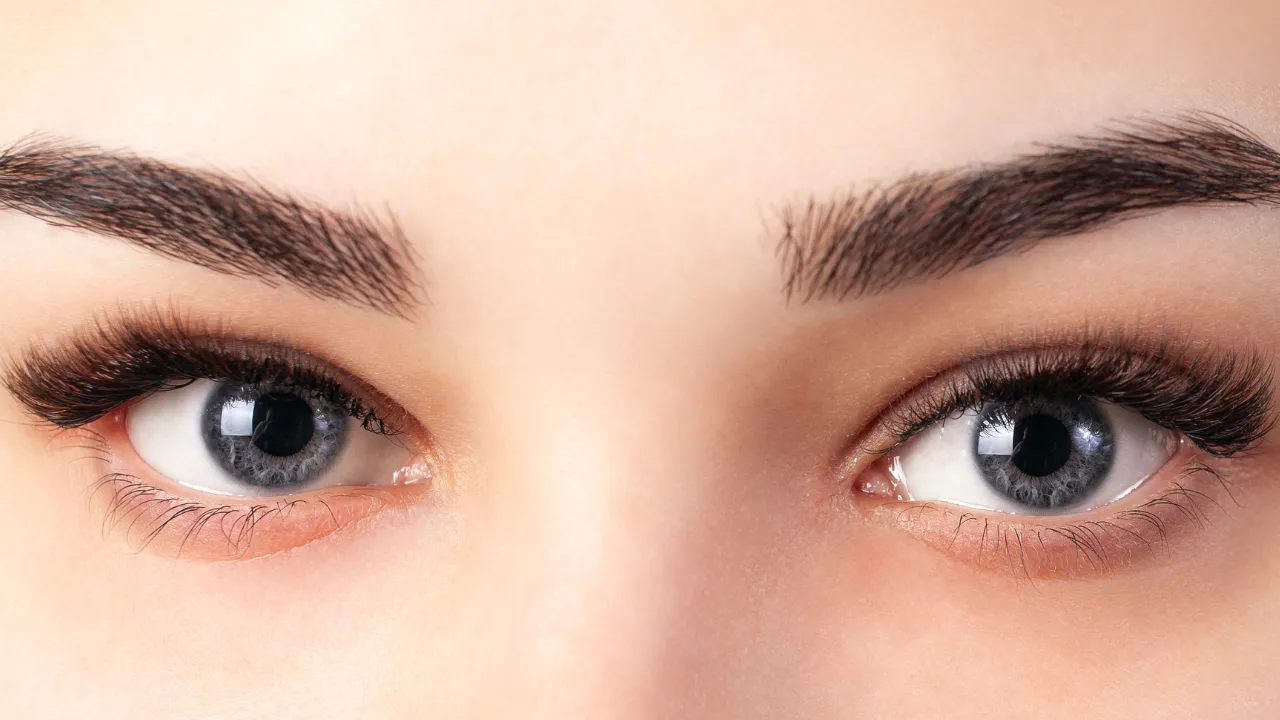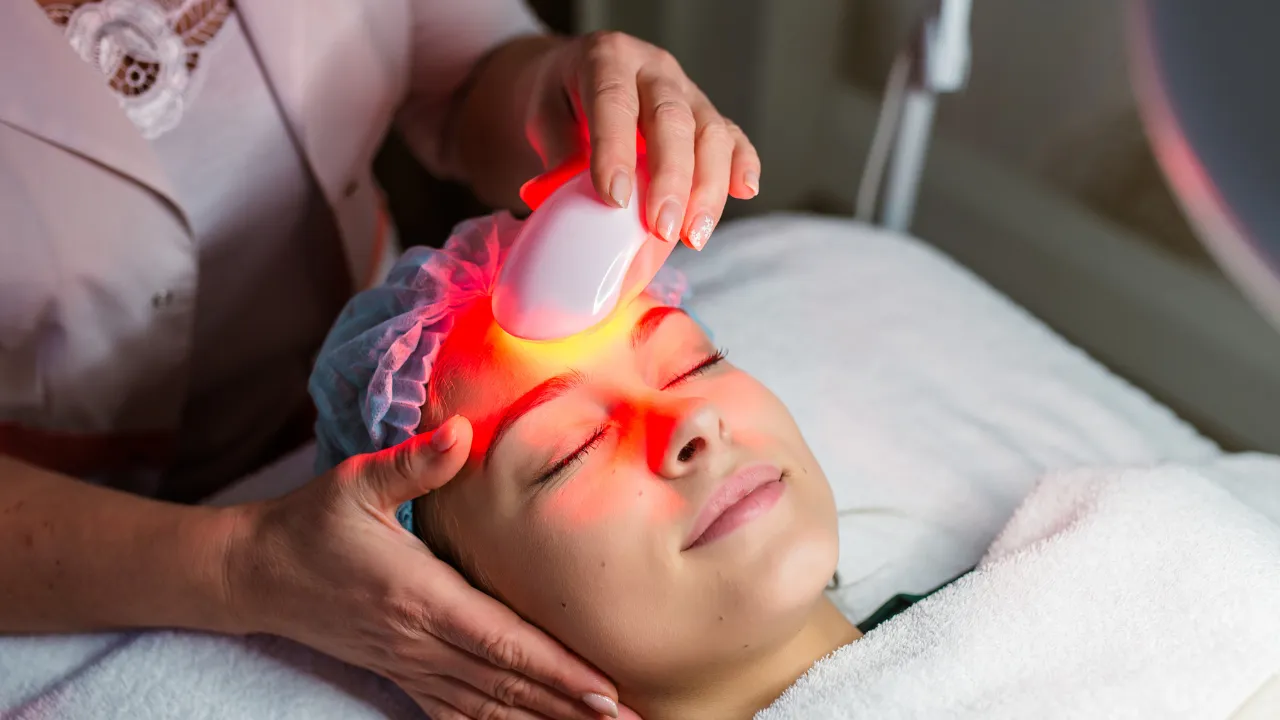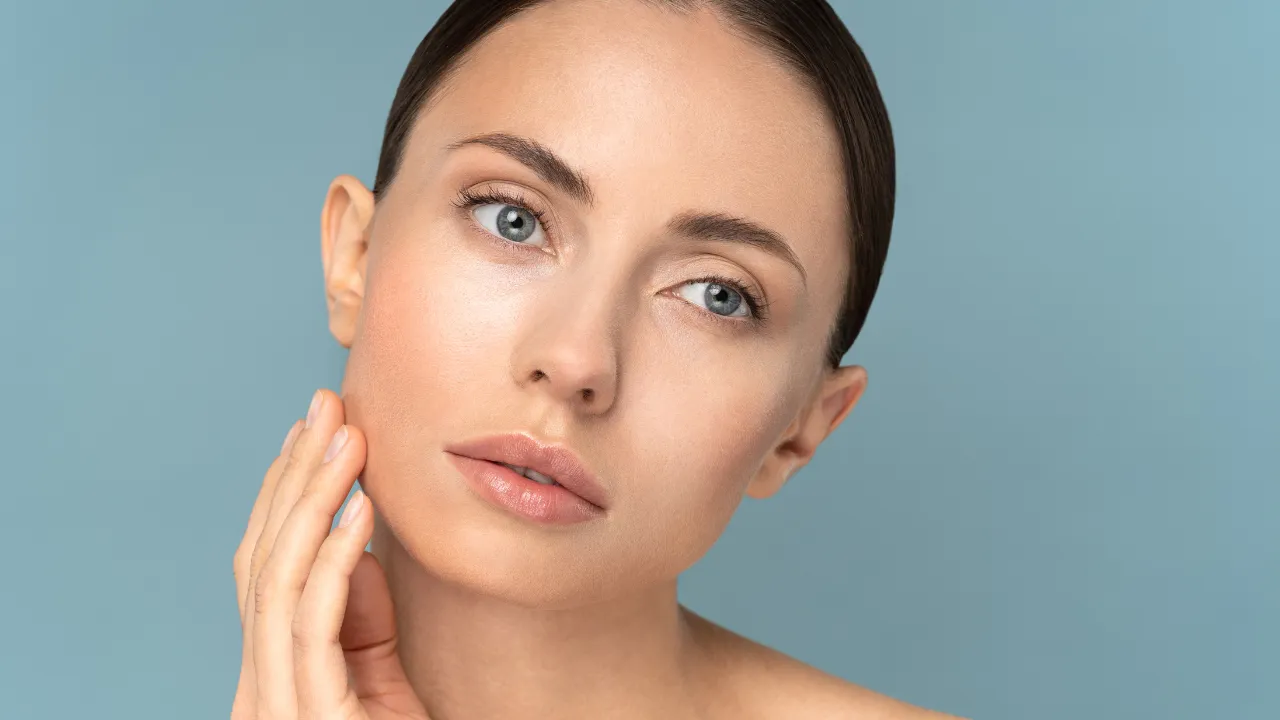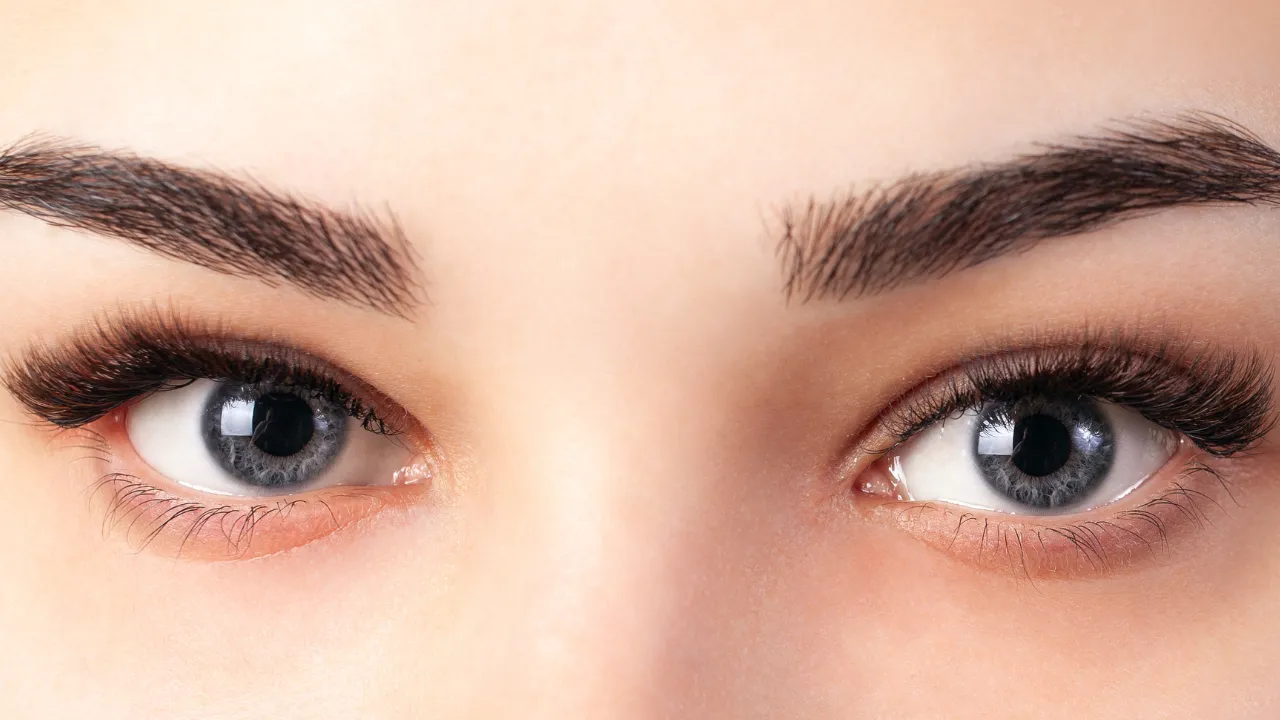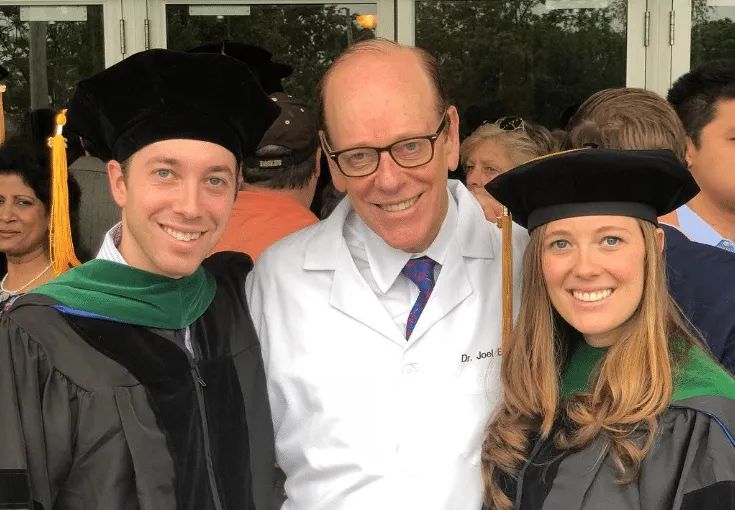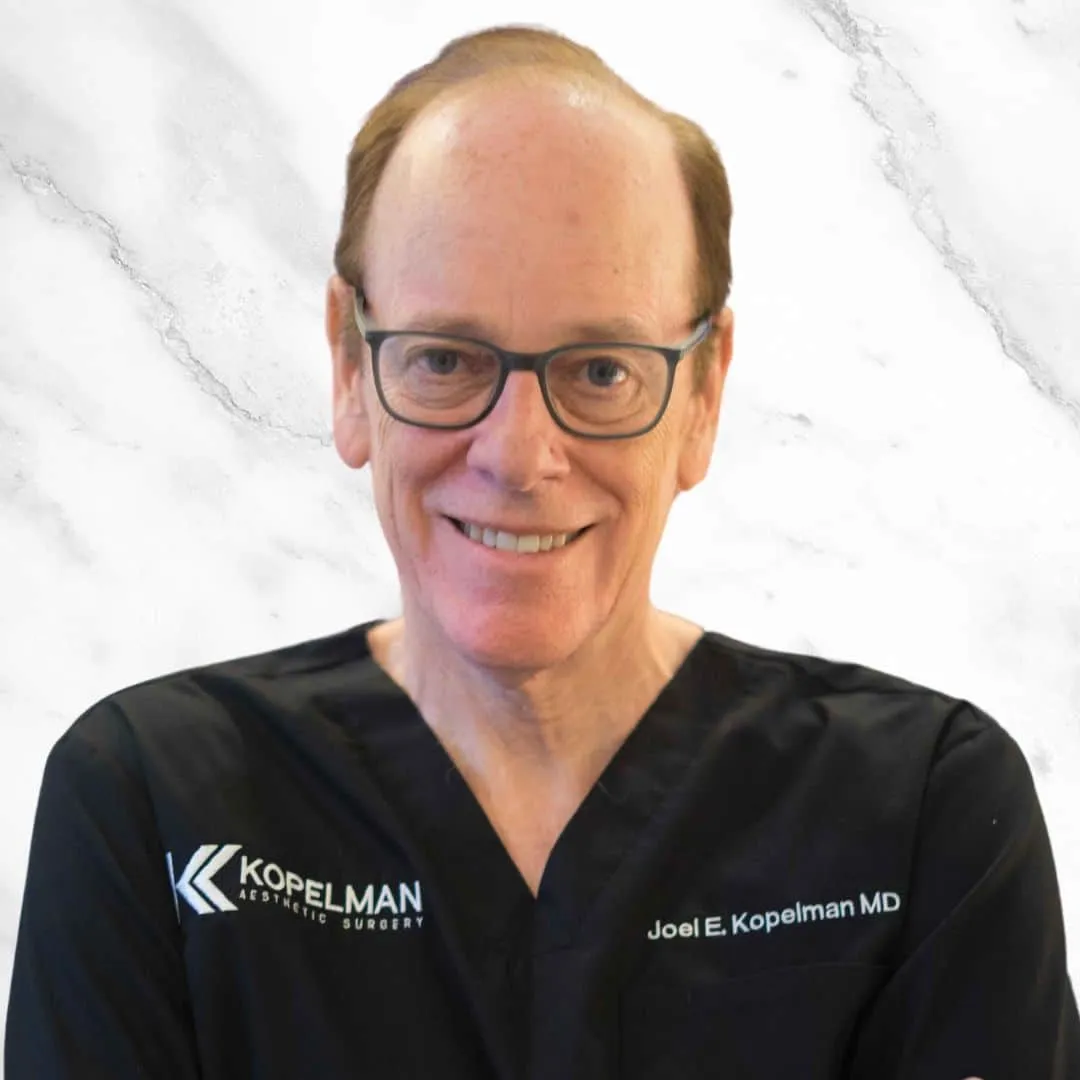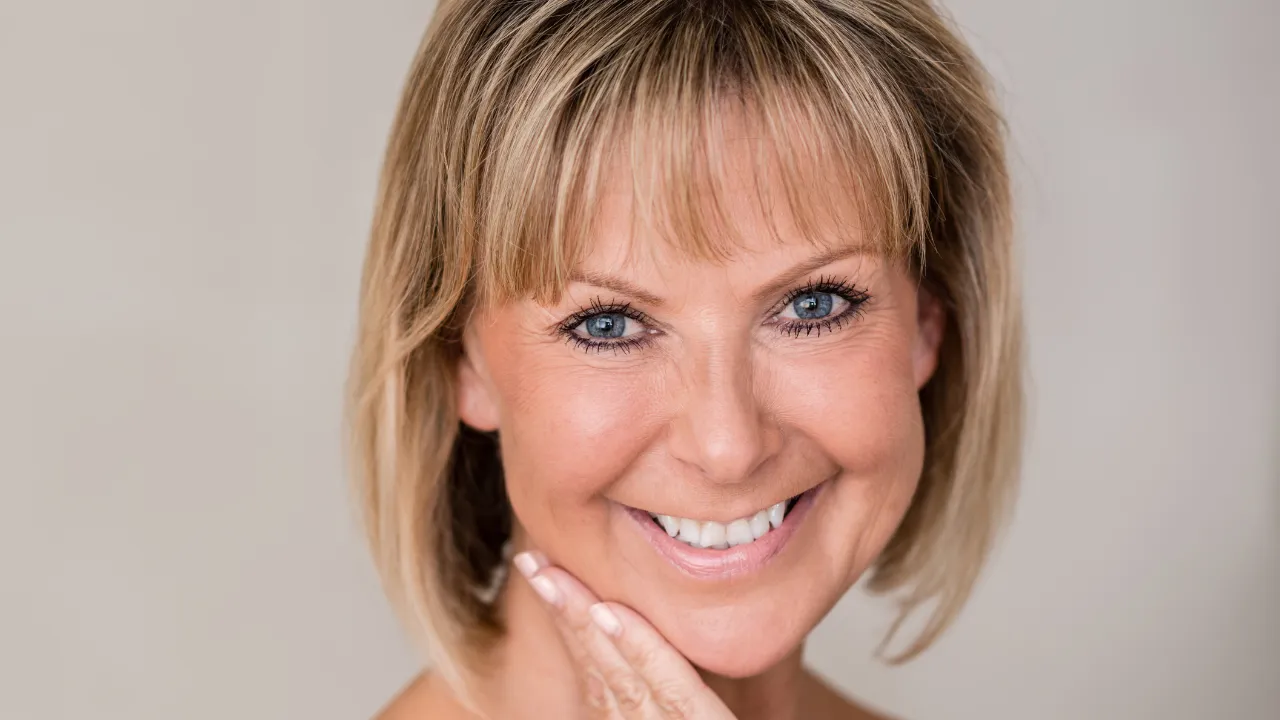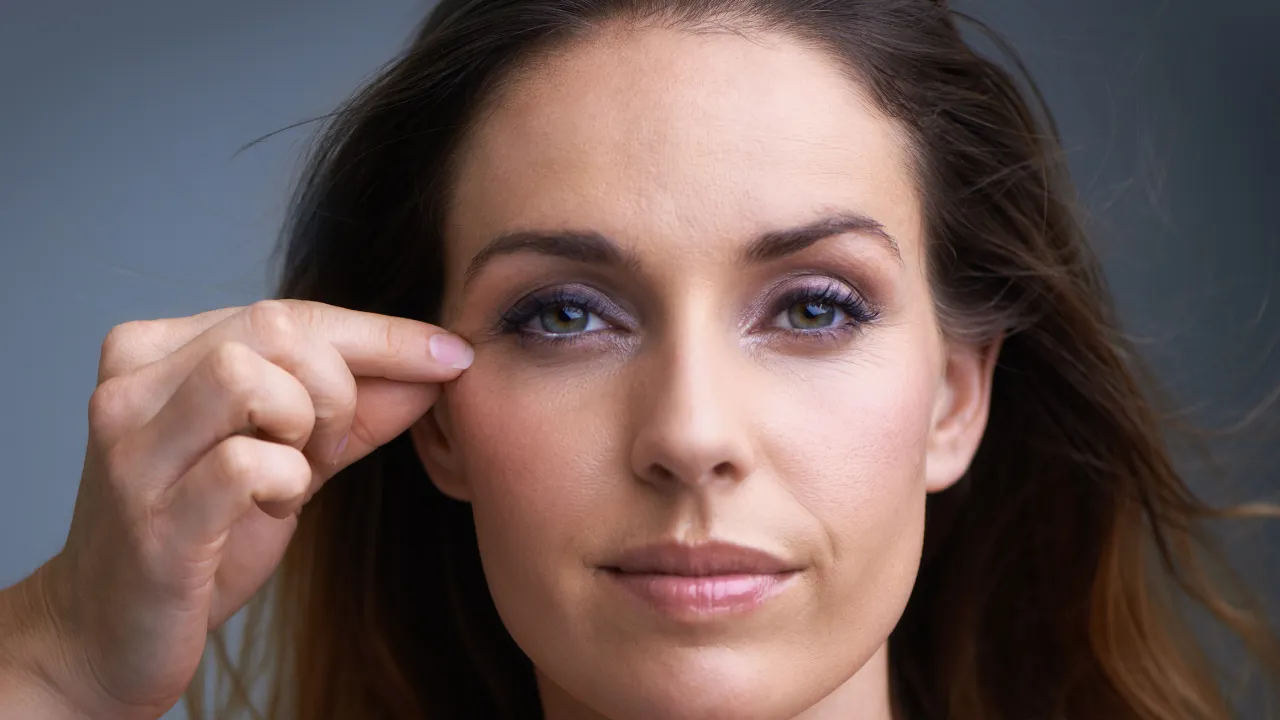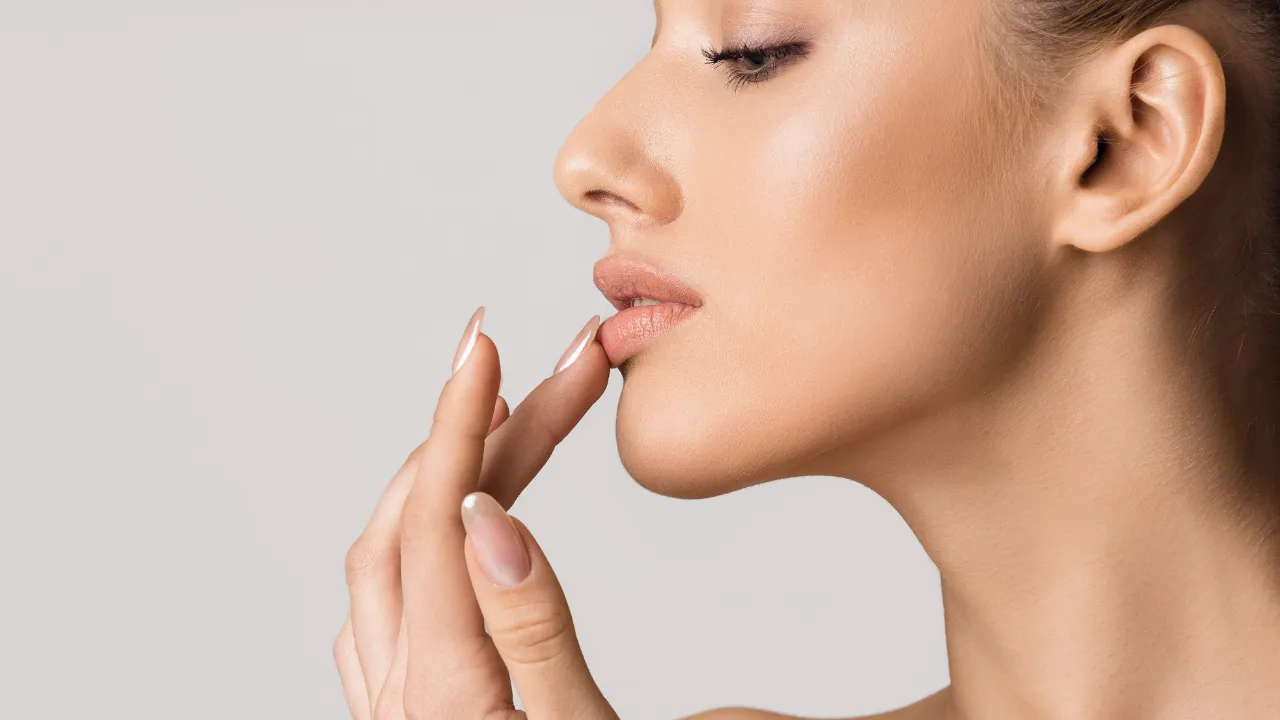At Kopelman Aesthetic Surgery in New York City, patients often ask about alcohol after blepharoplasty. This is an important question because alcohol can slow healing, increase swelling, and cause problems during the recovery period. Dr. Joel Kopelman, a leading facial plastic and oculoplastic surgeon, reminds patients to avoid alcohol until it is safe.
The simple answer is no, you should not drink right after eyelid surgery. Alcohol consumption can harm results, interact with medicine, and raise the chance of complications. Knowing when you can resume drinking helps you heal effectively and achieve optimal results.
Key Takeaways
- Alcohol should be avoided for at least one to two weeks after blepharoplasty, as it can increase swelling, bruising, and blood thinning.
- Even small amounts of alcohol can interact with pain relievers, antibiotics, or eye drops and make recovery unsafe.
- Upper eyelid surgery patients face more risk since alcohol may affect scar healing and final results.
- Before undergoing surgery, patients should avoid alcohol, smoking, and certain medicines to reduce risks.
- Safe options like herbal tea or sparkling water keep you hydrated without alcohol during recovery.
Table of Contents
ToggleCan You Drink Alcohol After Blepharoplasty?
Many patients wonder if a glass of wine or a drink is safe after surgery. The truth is that alcohol puts stress on the body when it is trying to heal. Questions about alcohol after eyelid surgery are common, and surgeons encourage patients to ask during follow-up visits so they can answer any question directly.
Risks and Recovery After Eyelid Surgery
Alcohol makes the blood thinner, which raises the chance of bleeding or bruising. It can also increase swelling and slow down tissue repair. This is a big issue for the eyes, since they are already prone to swelling after surgery.
Alcohol also causes dehydration. When the body loses fluids, wounds take longer to heal. Combined with common post-surgery medicines and eye drops, alcohol can increase the risk of side effects.
Alcohol After Upper Blepharoplasty
Upper eyelid surgery needs careful healing. Drinking alcohol during this time may increase swelling and put pressure on the incision line. This can affect how scars form and slow recovery.
Dr. Kopelman advises patients to be extra careful after upper blepharoplasty recovery. The skin here is thin and delicate, so avoiding alcohol is key for natural and even final results.”
When to Avoid Alcohol After Eye Surgery
How Long to Wait Before Drinking
Most surgeons say patients should not drink for at least one to two weeks after surgery. This gives the body time to reduce swelling and close incision lines. Some patients may need longer if their recovery is slower or if they are on medicine that reacts badly with alcohol.
Doctors stress that alcohol should be avoided fully during this time. Even one drink can increase swelling, worsen bruising, or make medicine less safe. Treat this rule as a must, not a choice, for optimal results.
Alcohol Timeline After Blepharoplasty
Recovery looks different for each patient, but general rules can help. Alcohol should be avoided fully in the first week. This is when swelling and bleeding risks are highest, and medication is often necessary.
By the second week, some patients may be cleared to drink in small amounts if they are healing well. Still, most surgeons suggest waiting at least two weeks. Always ask your surgeon before drinking again.
Factors That May Delay Recovery
The safe time to drink depends on many things:
- Age and health – Older patients or those with health issues may heal slower.
- Medical history – Past health conditions or prior surgeries may affect recovery.
- Medicines – Pain relievers or antibiotics can interact badly with alcohol.
- Surgery type – More complex surgeries may need longer healing.
- Lifestyle – Smoking, poor diet, or little rest can slow healing.
No two recoveries are the same. Always follow your surgeon’s advice.
Signs You Drank Too Soon
Drinking too early can show warning signs like:
- More swelling around the eyes.
- Heavy bruising or bleeding.
- Headaches or dizziness with medicine.
- Uneven swelling after blepharoplasty.
- Slow incision healing or changes at the surgical site.
If these happen, call your doctor right away.
Why Alcohol Slows Healing
Effects on Swelling and Bleeding
Alcohol makes blood vessels wider. This can increase swelling and make patients uncomfortable. It also hides early results of surgery.
Because alcohol thins the blood, bruising after lower blepharoplasty can be worse and last longer. This is not what patients want after a cosmetic procedure.
Interaction With Medications
Most patients take pain relievers or antibiotics after surgery. Alcohol can cause side effects like dizziness, nausea, or drowsiness when mixed with these drugs. It can also make antibiotics less effective, raising the risk of infection.
Avoiding alcohol keeps medicines safe and helps healing stay on track.
Preparing for Eyelid Surgery
What to Avoid Before Upper Eyelid Surgery
Surgeons, including Dr. Kopelman, suggest patients stop alcohol at least one week before surgery. Alcohol can affect general anaesthetic or local anaesthetic, increase bleeding, and weaken the immune system.
Patients should also stop smoking, avoid some medicines that cause blood thinning, and eat healthy foods. These steps prepare the body to heal well after surgery. Patients should also remove eye makeup before surgery and avoid wearing contact lenses on the day of the procedure.
Alcohol Do’s and Don’ts for Eyelid Surgery
Do’s
Simple actions that support healing.
-
Stop drinking at least one week before surgery.
-
Stay hydrated with water, herbal tea, or electrolyte drinks.
-
Follow your surgeon’s personalized recovery plan.
Don'ts
Avoid these to reduce risk.
-
Drink alcohol while taking pain relievers or antibiotics.
-
Consume alcohol during the first week after surgery.
-
Assume one drink is harmless – it can still affect healing.
Other Restrictions to Consider Before Surgery
Alcohol is not the only concern. Smoking cuts oxygen and slows healing. Heavy exercise can raise blood pressure and increase bleeding risk.
Some supplements and medicines, like aspirin or vitamin E, may need to be paused. Share your full medical history and current habits with your surgeon so every risk is managed.
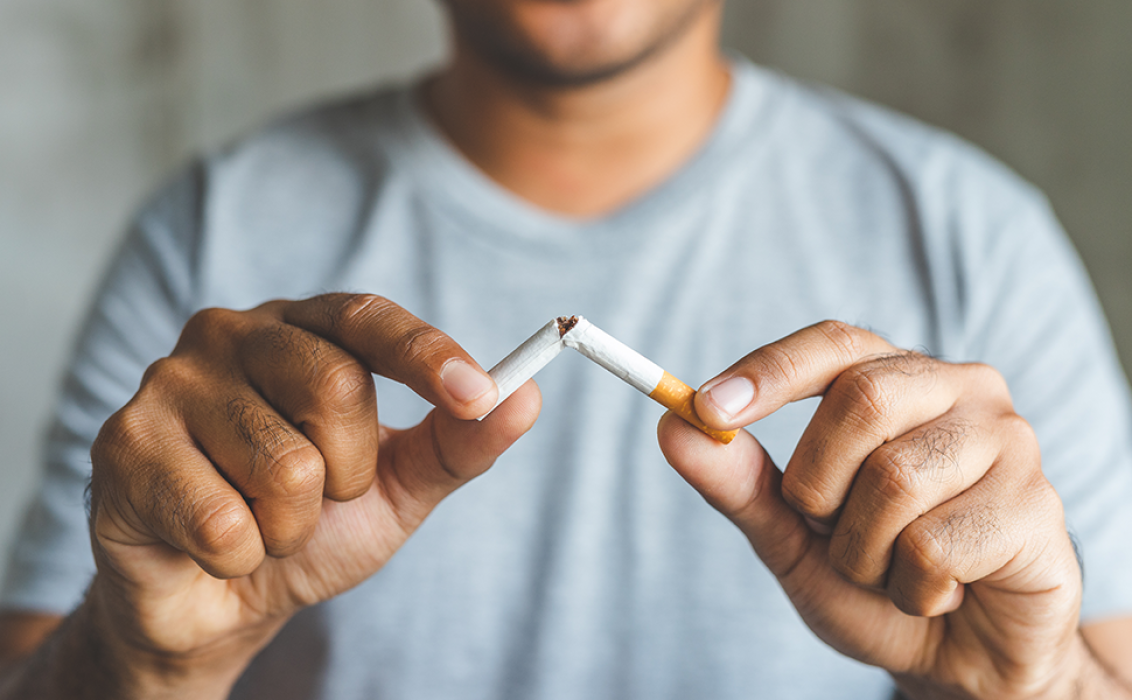
Safe Recovery Tips
Healthy Alternatives to Alcohol
Instead of alcohol, patients can try:
- Herbal teas for hydration.
- Sparkling water with fruit for flavor.
- Smoothies with vitamins that help healing.
- Warm broths for comfort and hydration.
These choices keep patients healthy and make recovery easier.
Final Thoughts
Every patient heals in their own way. Dr. Kopelman gives tailored advice based on progress and overall health.
Kopelman Aesthetic Surgery has helped many patients recover safely. By avoiding alcohol after blepharoplasty, following clear advice, patients can protect their results and heal with confidence. Avoiding alcohol may feel small, but it plays a big role in long-term success.
To learn more about your recovery and get personalized guidance, schedule a consultation with Dr. Kopelman at Kopelman Aesthetic Surgery today.

